The Political orphanhood of african immigrant voters and Why this NYC race feels different
African immigrants in New York City live a paradox. We are visible in the workforce, in churches, in community associations — yet invisible when political campaigns draw their maps. We are nurses, Uber drivers, small business owners, home health aides, engineers, and teachers. We fill the city’s arteries with our labor. But politically, we remain unclaimed.
Split between two incomplete choices
We do not vote as a bloc. Some of us lean toward the Democratic Party because of its pro-immigration policies. Others quietly agree with Republican rhetoric on personal responsibility, entrepreneurship, and the dignity of hard work. But neither party has fully spoken to us. Democrats too often stop at representation and identity politics. Posing for photos in our cultural clothing, but rarely returning to discuss policy after the campaign is over. Republicans often speak to our values on work and family, but alienate us with rhetoric and policies that seem blind to our immigrant realities.
This is why, even in deep-blue New York, I have met African voters — many of them first-generation immigrants — who were drawn to Donald Trump. Not because they embraced every policy or every word, but because he spoke, loudly and unapologetically, about work, affordability, and the feeling that “everyday people” had been forgotten. In immigrant barber shops in the Bronx, over attiéké in Harlem restaurants, and in Sunday church gatherings, I have heard uncles and aunties say the same thing: “I don’t agree with everything, but he talks about real life.”
Our political orphanhood is compounded by the way our lives straddle two worlds. We send money back home while paying sky-high rent here. We juggle double shifts not only to survive, but to build enough credit to own a home. We dream of starting businesses but spend months navigating city bureaucracy. Many of us are registered to vote, yet don’t see ourselves in campaign messaging, so we quietly abstain.
A different kind of leftist candidate
That is why the candidacy of Assemblymember Zohran Mamdani feels different. He is from the left, yet his campaign is not built on baiting controversial identity battles and baseless fear mongering. Instead, he is talking about the kitchen-table issues that shape the lives of working-class families: fare-free buses so workers keep more of their paycheck; rent-stabilization that actually protects tenants; higher wages that match the real cost of living in New York; universal childcare so parents can work without fear of losing everything to daycare bills.
These are not abstract promises. They touch daily life. For the Ghanaian home health aide in the Bronx who spends $132 a month on a MetroCard. For the Senegalese father in Queens who pays half his salary in rent. For the young Burkinabè graduate in Harlem juggling two part-time jobs because entry-level wages can’t cover student loans.
In my 11 years in the United States, I have seen many politicians pass through our spaces: shaking hands, speaking a few words in our languages, posing for photos, only to vanish after Election Day. I have never felt truly comfortable aligning with one, until now. Not because of party loyalty, but because the conversation is about life, not labels.
This race is not about left versus right, progressive versus moderate. It is about whether New York City can elect a leader who understands that its future depends on those who still believe in its promise enough to keep building here. The African diaspora in NYC is large enough to matter, diverse enough to shape outcomes, and tired of being politically invisible. This election could be the moment we step forward.

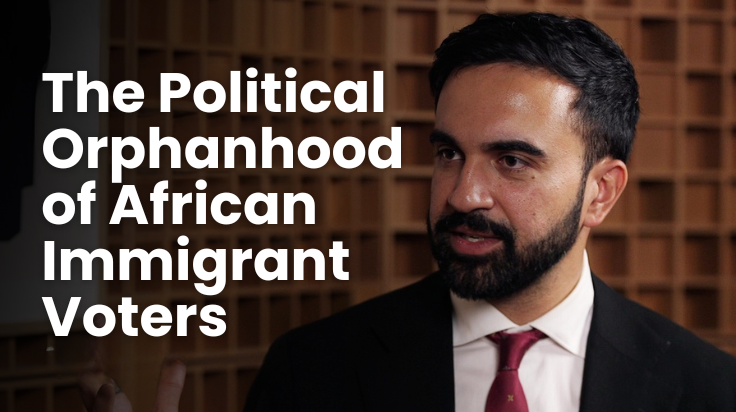
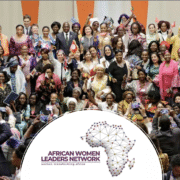
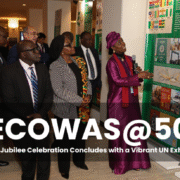
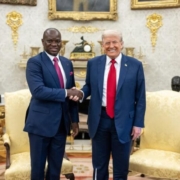
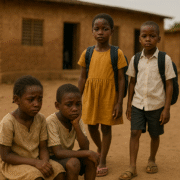
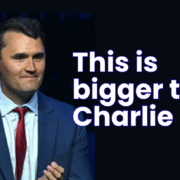
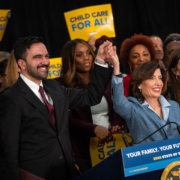
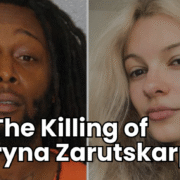



Leave a Reply
Want to join the discussion?Feel free to contribute!